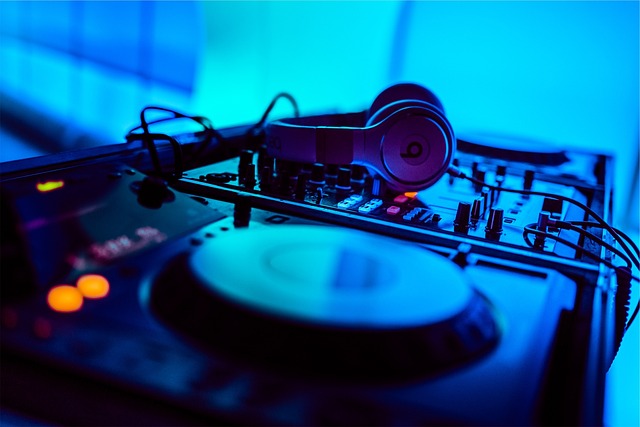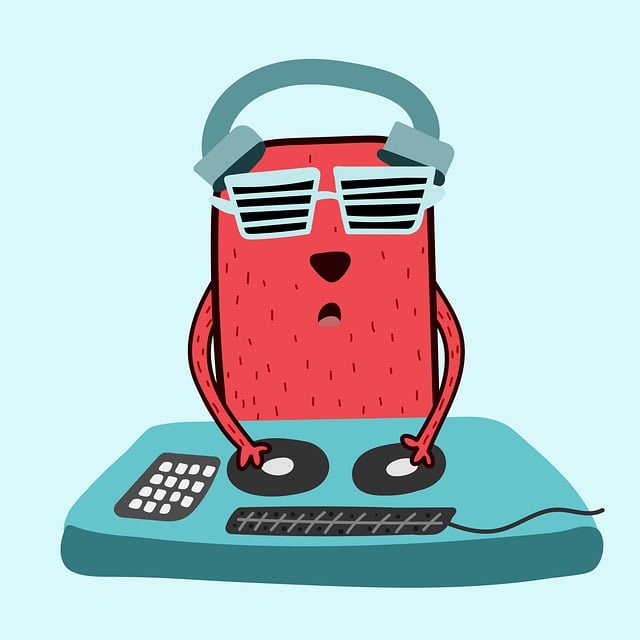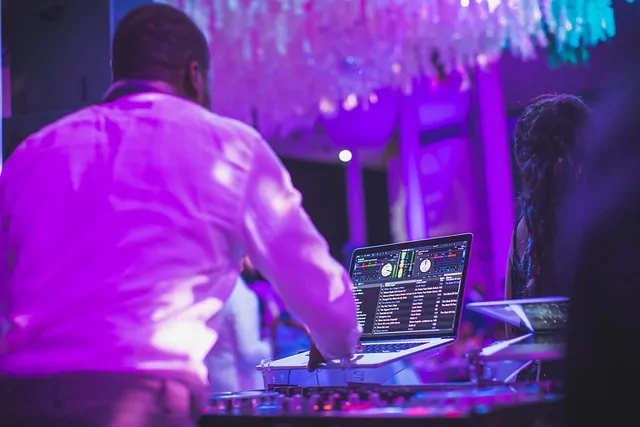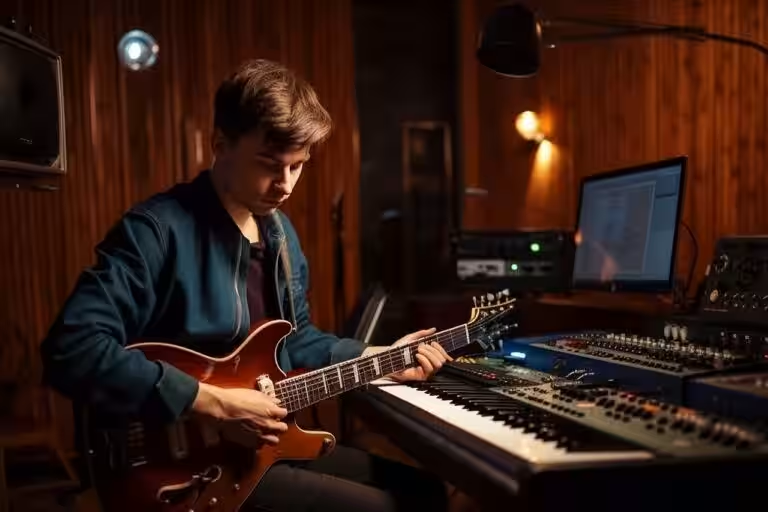The title of the first DJ ever is widely credited to Clément Ader, who in the late 1800s used telephone lines to transmit opera performances in Paris. But when it comes to the modern concept of a disc jockey, Ray Newby is generally recognized as the first. In 1909, at just 16 years old, he played records over a wireless transmitter at Herrold College of Engineering and Wireless in California.
Later, in the 1940s and 1950s, radio DJs like Jimmy Savile in the UK and Martin Block in the US helped popularize the term “disc jockey” and shaped the role into what we recognize today: curators of music and mood.
The Evolution of DJing
From radio booths to underground raves, DJing has evolved from simple record-spinning into a full-blown cultural movement. Today’s DJs are producers, performers, and influencers all in one. With the rise of digital platforms, independent talents now thrive alongside global stars.
One example of this modern wave is Play House, a Paris-based artist known for his high-energy house music sets and original productions. His track “WE” blends classic dancefloor vibes with a fresh approach, reflecting how far DJ culture has come.
Final Thoughts
The first DJ ever may have played records over primitive transmitters, but the art form has transformed dramatically. From Ray Newby to today’s streaming-driven artists, DJing remains a symbol of innovation and energy.
Want to experience the evolution for yourself? Tune into Play House’s YouTube sets and explore his free music catalog on Pixabay—the future of DJing might already be in your playlist.



